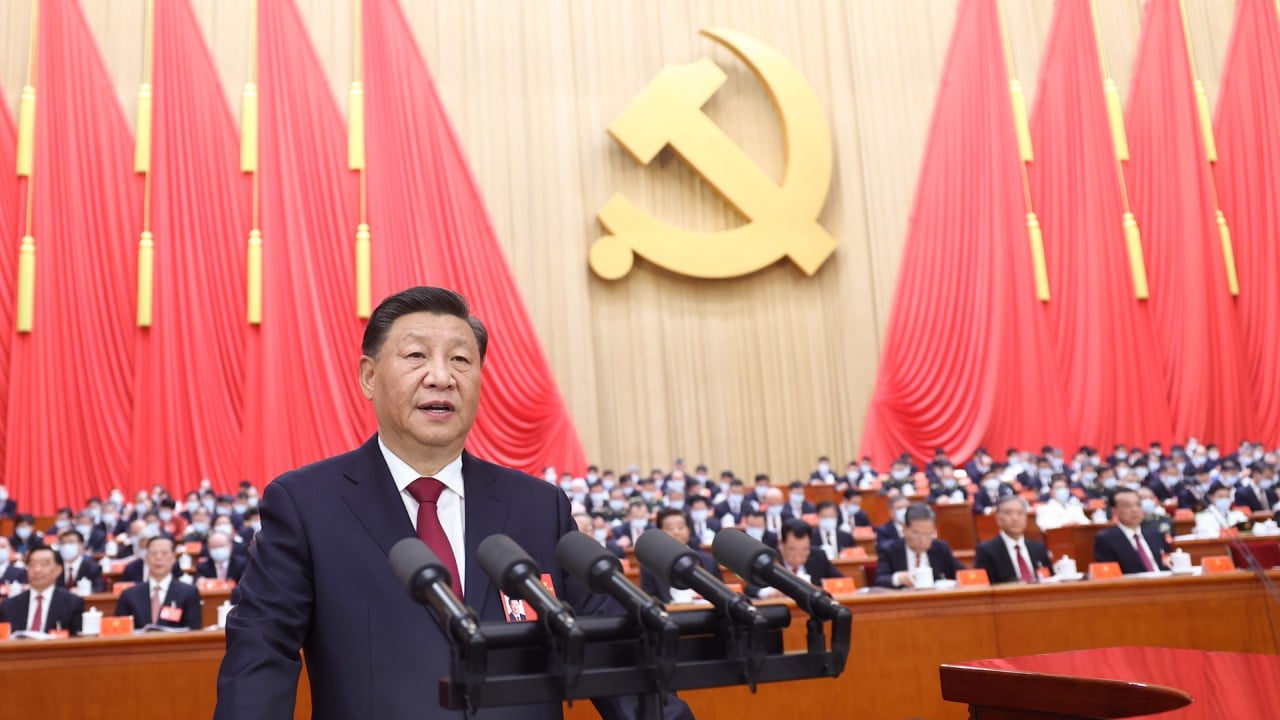
09:12
China’s third plenum: what to expect from the much-delayed policy meeting
What does China’s private sector want from the third plenum? A survey sheds light
- Entrepreneurs are looking for policies to cut abuse of government power and red tape, and improve competition, research firm says
The roughly 370 full and alternate members of the Central Committee, one of the party’s inner circles, will meet for four days from July 15 to lay out China’s long-term growth path, including its economic and tech goals for the next decade.
“Some entrepreneurs said some government departments were still abusing their powers,” it said. “Entrepreneurs hope that the government’s excessive intervention in the market will be further reduced.”
The government should respect and protect the businesses’ rights to independent management, limit microeconomic interference in those enterprises, and not impede normal operations, it added.
Business approvals and regulations could also be streamlined and, in some cases, outsourced for greater efficiency, the report said.
“Some entrepreneurs suggest that the government can entrust some functions to third-party companies, which the government can directly supervise and manage. This can avoid direct intervention in business operations and reduce administrative costs,” it said, citing survey respondents.
Some of the businesspeople also said China should stop labelling firms as “public” or “non-public”, nipping discrimination at the start. They said private firms should have access to all sectors that are not explicitly prohibited and are already open to foreign companies.
At the same time, state firms – with their greater access to finance – should be restricted from entering highly competitive industries, while private companies should be encouraged to take part in natural monopoly sectors.
The institute said private firms were also seeking better protection of property rights, including personal bankruptcy legislation.
“In particular, it is necessary to prevent and correct the use of administrative power and criminal charges to intervene in economic disputes,” the institute said.
In addition, China should also expand support for companies venturing overseas.
Nearly 30 per cent of the companies represented in the Dacheng survey had already invested overseas, with another 30 or so per cent planning to do so.
“[China] should raise support for enterprises investing overseas to the level of national strategy,” the report added.

